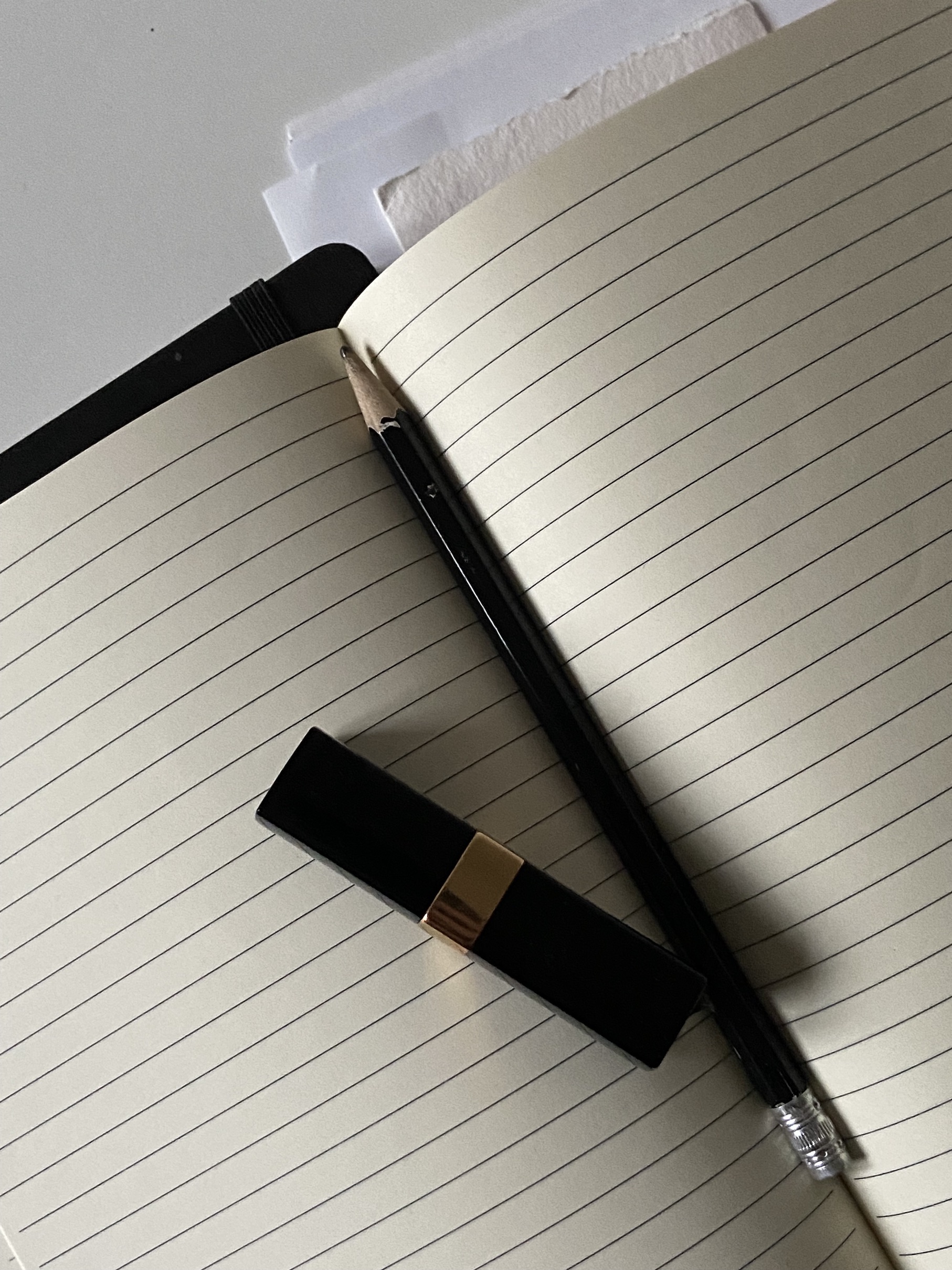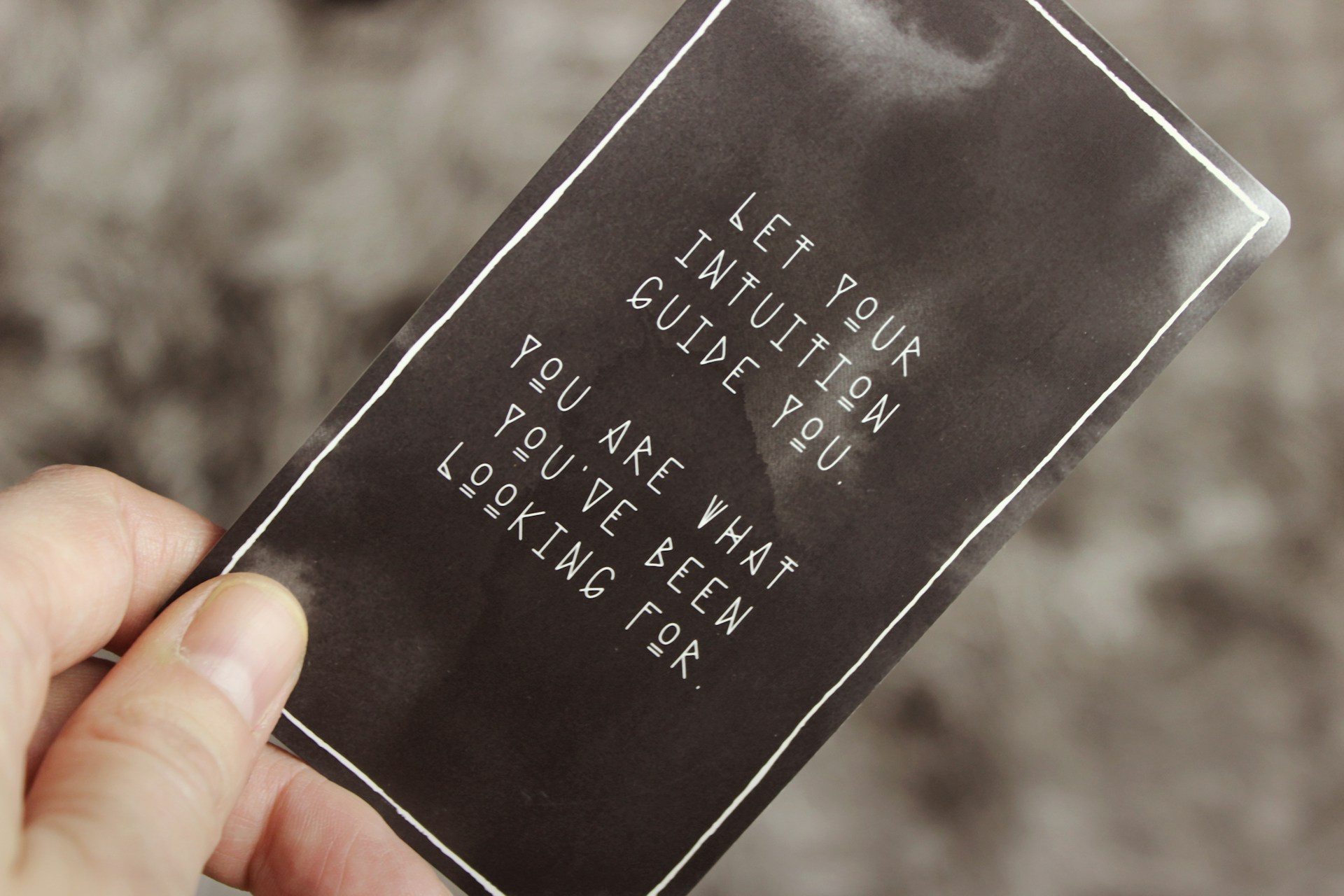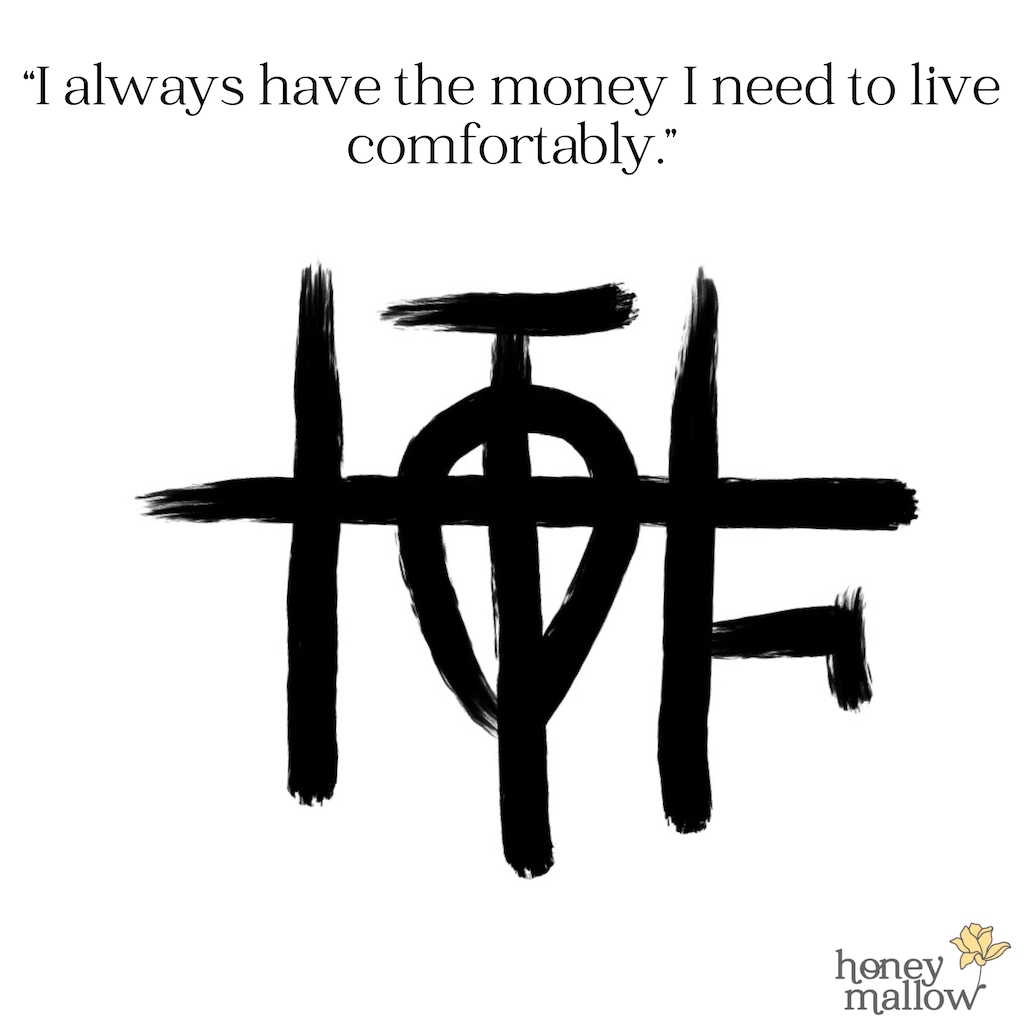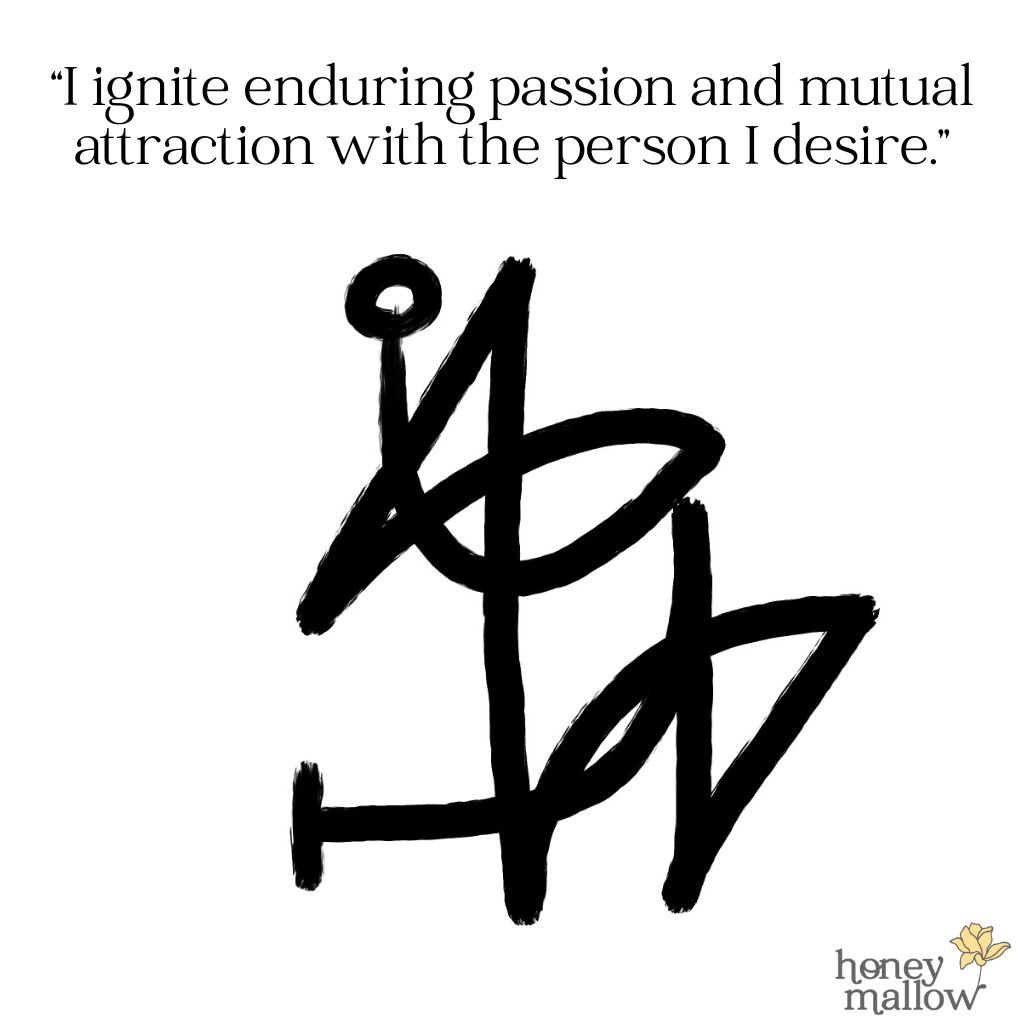You don’t need another five-step self-care routine or a candlelit bath to feel better. What you probably need is to say “no” more often. Seriously. That one little word can unclog your calendar, cut down on stress, and make your life feel a whole lot lighter.
Most of us are good at adding things… more commitments, more responsibilities, more ways to “do it all.” But saying no? That’s where we freeze. It feels rude, selfish, or even scary. So instead, we say yes to things we don’t want to do, spend time with people who drain us, and end up feeling overwhelmed and resentful.
Learning to say “no” isn’t about being difficult. It’s about choosing peace over pressure. This post is your practical guide to figuring out where you need boundaries, how to actually say no (without spiraling into guilt), and what life can feel like when you stop giving everyone unlimited access to your energy.
Why Saying “No” is the Key to Protecting Your Peace
If your schedule is packed, your phone won’t stop buzzing, and your stress levels are climbing, there’s a good chance you’re saying yes when you don’t really want to. Protecting your peace isn’t about hiding under a blanket and avoiding life. It’s about being more intentional with what, and who, you let in.
Saying Yes Comes With a Price
Every time you say yes to something, you’re saying no to something else. That might be rest. That might be your own priorities. That might even be your mental health.
And most of the time, we don’t even notice it happening. You say yes to helping someone out, even though you’re swamped. You say yes to going out, even though you’re exhausted. You say yes to that work project, even though it means staying late three nights in a row.
These yeses add up. Over time, they chip away at your energy, patience, and motivation. You start running on autopilot, and resentment creeps in quietly.
Peace Isn’t Passive, It’s Protective
Protecting your peace means actively choosing what deserves your time, attention, and energy. It’s not about being rigid or cold. It’s about recognizing that your capacity is not infinite.
Peace shows up when you stop filling your life with things that don’t align with your values or current season. Maybe that means declining that “quick” favor that always turns into a three-hour ordeal. Or maybe it’s just not answering every text right away.
A lot of people think they have to earn peace, like it’s a reward for finishing your to-do list. But peace comes from boundaries, not burnout.
“No” Is a Filter, Not a Weapon
Some people avoid saying no because they think it’s aggressive or confrontational. It’s not. “No” is just a tool. It filters out what doesn’t fit. It clears the clutter. It helps you focus on what actually matters.
When you say no, you’re not rejecting a person, you’re rejecting a request. Big difference. And if someone takes that personally? That’s on them, not you.
You can’t control how people respond to your boundaries, but you can control how often you betray your own peace to keep the peace with others.
The Real Reasons You’re Struggling to Say No
You already know you’re overcommitted. You already know you don’t want to do half the things you agree to. So why is it still so hard to say no?
It’s not just a time-management issue. It’s emotional. The pressure to say yes is tangled up in your identity, your upbringing, and your fear of disappointing people. Let’s untangle that.
You Want to Be Liked
Most of us have a deep desire to be seen as helpful, kind, and easygoing. And somewhere along the line, we equated being liked with being available. You don’t want to be seen as difficult. You don’t want to be the person who always says no. So you go along with things, even when your gut is screaming otherwise.
Here’s the truth: people who truly respect you won’t stop liking you just because you set a boundary. And the ones who do? They were benefiting from your lack of boundaries in the first place.
You don’t have to twist yourself into a pretzel to be liked. The right people will like you and respect your no.
You Feel Guilty
Guilt is a big one. It shows up fast, especially if you’re someone who was raised to put others first. Saying no might make you feel like you’re letting people down, being selfish, or not doing your “duty” as a friend, family member, or team player.
But guilt isn’t always a signal that you’re doing something wrong. It’s often just a sign that you’re doing something new. Setting boundaries might feel bad at first, but that doesn’t mean it is bad.
If saying no makes you feel guilty, that’s not a reason to say yes. That’s a reason to get curious about why guilt has such a tight grip on you.
You’re Afraid of Conflict
Some people will do anything to avoid confrontation, including agreeing to things they absolutely don’t want to do. You might fear that saying no will lead to a blow-up, a passive-aggressive response, or some kind of emotional fallout.
Avoiding conflict might keep the peace on the outside, but it creates chaos on the inside. Every yes that comes from fear is one more crack in your own foundation.
You don’t need to pick a fight to say no. You can be direct and still be respectful. And the more you practice it, the easier it gets.
You Don’t Want to Miss Out
This one sneaks in quietly. Sometimes we say yes because we don’t want to feel left out. Or we’re worried that if we pass on something now, we won’t be invited next time.
But fear of missing out can trick you into saying yes to things that don’t even make you happy. And that’s not really connection. That’s anxiety in disguise.
The antidote to FOMO? Trusting that the right people, the right opportunities, and the right moments will still be there when you’re not stretched too thin to enjoy them.
Boundaries Aren’t Barriers
People get nervous around boundaries because they confuse them with walls. But boundaries aren’t about shutting people out. They’re about showing up more fully, without resentment or burnout. Saying no doesn’t make you cold. It makes you clear.
Boundaries Create Clarity, Not Distance
When you set a boundary, you’re not being mean. You’re being honest. You’re letting people know what works for you and what doesn’t. That clarity makes things easier for everyone. There’s no guessing, no hidden expectations, no slow-build tension.
And when you’re honest with people, they usually respect you more, not less. You stop stretching yourself thin and start giving what you can give, on your own terms.
The goal isn’t to distance yourself from everyone. The goal is to create enough space so you don’t feel smothered or spread too thin.
You Can Care and Still Say No
There’s a myth that if you really care about someone, you should always be available for them. That’s not true. Caring doesn’t mean constant access.
You can love your friends and still decline a last-minute invite. You can respect your coworkers and still say no to extra tasks. You can support your family and still protect your time.
Saying no doesn’t make you less loving. It makes your yeses more intentional.
When people know your boundaries, they’re not left wondering. They’re not walking on eggshells. They understand your limits, and they learn to trust your yes, because they know it’s real, not something you said just to keep the peace.
Boundaries Lower Drama, Not Raise It
The idea that setting boundaries creates conflict is one of the biggest lies we’re told. What actually causes more drama is unclear communication, simmering resentment, and overcommitting until you explode or ghost.
Most of the time, people push your boundaries because you haven’t made them clear. Once you start being upfront about what you can and can’t do, you take away the confusion. That lowers drama, not increases it.
Boundaries don’t have to come with a speech. They can be quiet, consistent, and firm. And when people know where you stand, they stop pushing for more than you’re willing to give.
How to Actually Say “No” (Without the Drama or Guilt)
You know you need to say no. You know why it’s hard. Now let’s talk about the how. This is where most people get stuck—they want to be kind and clear, but they don’t want to hurt feelings or trigger conflict. The good news? You can say no in a way that feels honest and still keeps things smooth.
Use Simple, Direct Language
You don’t need a full explanation. You don’t need an excuse. And you definitely don’t need to over-apologize.
Here are a few phrases that work in almost any situation:
- “I can’t commit to that right now.”
- “Thanks for thinking of me, but I’ll have to pass.”
- “That’s not something I’m able to take on.”
- “I’m focusing on other priorities at the moment.”
Notice how none of those are defensive or dramatic. They’re short, polite, and firm. And you don’t need to add a “maybe next time” unless you actually mean it.
The less you explain, the less room you leave for negotiation. Keep it short and neutral.
Don’t Apologize for Having Limits
A lot of people start every no with “Sorry, but…” You’re not doing anything wrong by honoring your own bandwidth. You don’t need to apologize for protecting your energy.
You’re allowed to have limits. You’re allowed to prioritize rest. You’re allowed to leave space in your schedule that isn’t filled with obligations.
Apologizing makes it sound like you’re doing something wrong. You’re not. So drop the “sorry” and stick with “thanks for understanding.”
Expect Some Pushback (and Don’t Take It Personally)
Some people won’t like your no. That’s normal. Especially if they’re used to you always saying yes.
They might pout. They might question you. They might even guilt-trip you. But that reaction isn’t a reason to cave. It’s just a sign that your boundary is working and that they’re adjusting to the new you.
Hold your line. You don’t owe them more energy just because they asked. If someone repeatedly ignores your no, that’s a red flag, not a reason to reconsider.
Consistency is key. The more you reinforce your boundaries, the more people learn to respect them.
Stop Defaulting to “Maybe”
When you’re unsure or uncomfortable, it’s tempting to stall. “Let me think about it.” “Maybe.” “I’ll get back to you.” We do this because it buys time but it also creates anxiety.
Instead of drawing it out, make a clear decision. If the answer is no, say it. If you need to check your schedule, be specific and follow up promptly. But don’t use “maybe” as a shield. You deserve clarity just as much as anyone else.
The more you get used to saying no up front, the less you’ll dread it and the more confident you’ll become.
What Happens When You Start Saying No Regularly
Once you start using “no” as a regular part of your vocabulary, everything changes. Not overnight, but steadily. You feel lighter. Calmer. More in control. You stop moving through life like it’s one long list of things you didn’t sign up for.
You Get Your Time Back
Suddenly, you have hours that aren’t filled with other people’s plans. You start to notice the quiet. The calm. You’re not constantly rushing, rescheduling, or squeezing in one more thing.
That time can go toward what actually matters to you; rest, creative projects, the people you want to spend time with. You stop living in reaction mode and start choosing your pace.
Your Energy Stops Leaking
Before, you might’ve said yes out of guilt or habit. And afterward, you’d feel drained. Not just physically, but emotionally. Saying no stops those leaks.
When your energy isn’t being pulled in a million directions, you’re sharper. You’re more present. You show up better where it counts because you’re not giving away your best hours to things that don’t matter.
Your Relationships Get Healthier
This one surprises a lot of people. They think setting boundaries will push people away. But what actually happens is the opposite. Your relationships get more honest.
You’re no longer pretending to be okay with everything. You stop resenting people for asking things you never wanted to do. And the people who truly care about you? They start trusting you more, not less.
You also start attracting people who respect boundaries because you’re finally modeling what that looks like.
Your Confidence Grows
Saying no builds self-trust. You stop second-guessing yourself. You stop shrinking to make others comfortable. You learn that your needs matter too, and that you don’t need permission to honor them.
Over time, you start to feel stronger, more grounded. You’re not as easily swayed by guilt or pressure. You start believing that peace is something you can create, not something you just hope for.
Peace isn’t something that shows up when everything’s perfect. It’s something you build, one no at a time.
Every time you say no to something that drains you, you’re saying yes to something that restores you. And that’s how you protect your peace. Not by avoiding people or hiding away, but by standing firm in what works for you.
Learning to say no isn’t easy, but it’s worth it. Not just for your schedule, but for your sanity. It’s not rude. It’s not selfish. It’s how you take care of yourself before you fall apart trying to take care of everything else.
Protect your peace. It’s yours to guard.
















